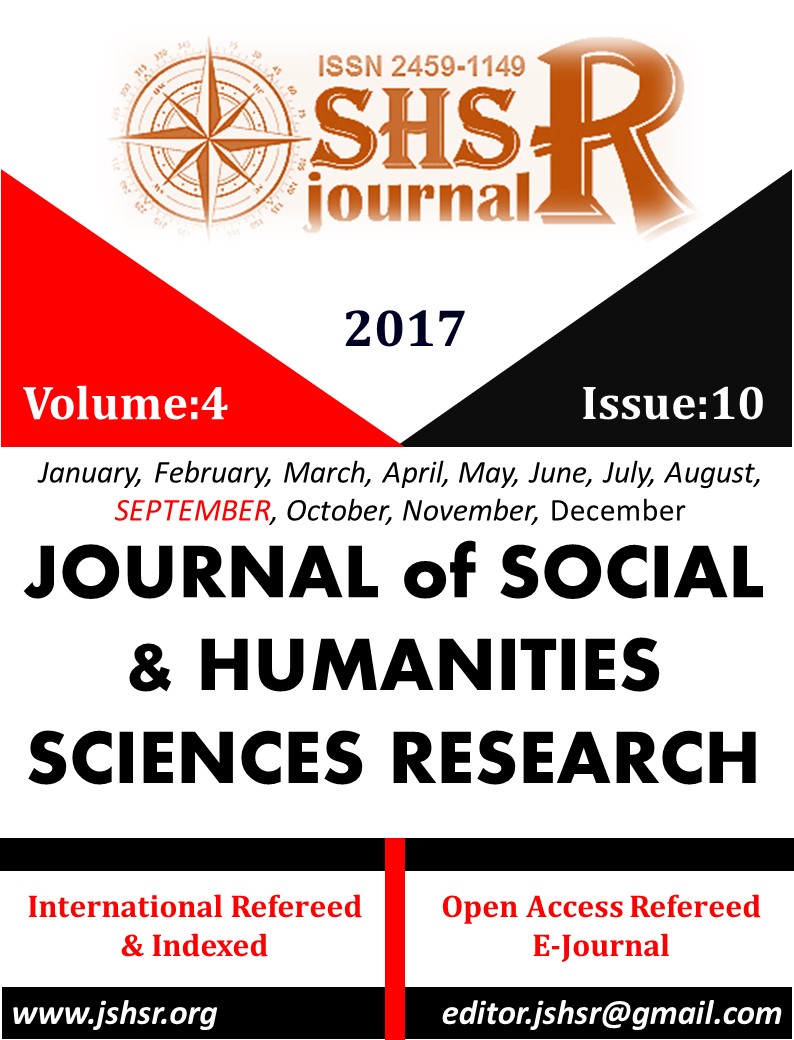A COMPARISON OF TOTALITARIANISM IN GEORGE ORWELL’S ANIMAL FARM AND ZULFU LIVANELI’S LAST ISLAND
DOI:
https://doi.org/10.26450/jshsr.58Keywords:
Utopia, Dystopia, TotalitarianismAbstract
George Orwell's Animal Farm, which makes critical references to earlier Soviet regime, is one of the classics of the twentieth century. In this novel, Orwell aims to teach an allegorical lesson and to show how an individual can change when the conditions become appropriate. Animals rebel in order to establish a farm where they will live in peace and fraternity, however they fall down into a tragic situation at the end. A minor group seizes sovereignty and exploits the majority, that’s why the expected prosperity becomes unattainable. Zulfu Livaneli's Last Island’s structure is reminiscent of Animal Farm. It discusses how the life of a community that lives peacefully in a utopian island turns into a nightmare. The president, who settles in the island and seizes the administration of the island, destroys the peaceful life of the island. The purpose of this study is to compare overlapping points between the two novels
Downloads
Published
How to Cite
Issue
Section
License
Copyright (c) 2017 INTERNATIONAL JOURNAL OF SOCIAL HUMANITIES SCIENCES RESEARCH

This work is licensed under a Creative Commons Attribution 4.0 International License.


